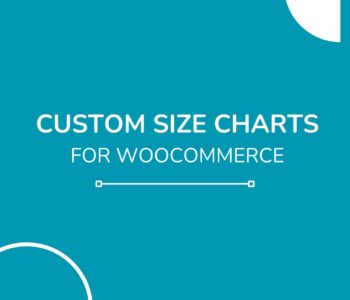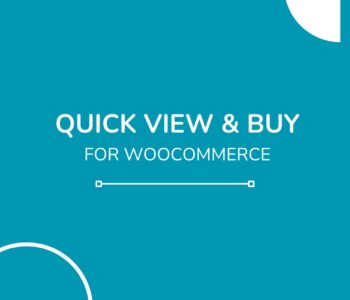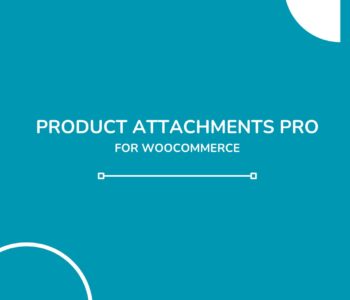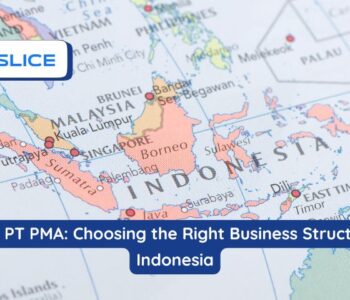 Business
Business
Which Platforms Are Best for Ecommerce Website Development in…
In the rapidly growing digital economy of Pakistan, having a solid online presence is no longer a luxury—it’s a necessity. Whether you’re a small business owner, a home-based entrepreneur, or someone ready to launch a product line, ecommerce can open up a world of opportunities.
But the first big decision you’ll face? Choosing the right platform for ecommerce website development in Pakistan.
With several powerful tools available, selecting the one that suits your needs, budget, and skill level can be confusing. Don’t worry—we’re breaking it all down in plain language. Let’s explore the best ecommerce platforms tailored for the Pakistani market, including their pros, cons, and why they might work for you.
1. Shopify – Easy and Quick Start for Beginners
Shopify is one of the most popular ecommerce platforms globally, and it’s gaining serious traction in Pakistan, too. What makes Shopify attractive is its user-friendly design, allowing even non-tech-savvy users to create sleek online stores.
Why it’s great for Pakistan:
-
It supports local and international payment gateways like JazzCash, EasyPaisa (via third-party apps), and PayPal.
-
Offers integration with logistics services for local shipping.
-
Great for small businesses looking to scale.
Pros:
-
Drag-and-drop store builder.
-
Mobile-optimized themes.
-
24/7 customer support.
Cons:
-
Monthly fees (starting around $29/month).
-
Transaction fees unless you use Shopify Payments.
-
Limited customization unless you know coding.
Best For: Home-based business owners and startups who want to launch fast without dealing with technical headaches.
2. WooCommerce – Flexible and Cost-Effective (But Requires Some Tech Know-How)
If you already have a WordPress site (or plan to build one), WooCommerce is a powerful plugin that turns your site into a full-featured ecommerce store. It’s free to use, which is a big plus for budget-conscious entrepreneurs in Pakistan.
Why it’s great for Pakistan:
-
Free and open-source.
-
Easily connects to Pakistani payment gateways through plugins.
-
Supports Urdu language and right-to-left formats.
Pros:
-
Full control over design and functionality.
-
Huge plugin and theme ecosystem.
-
No ongoing monthly fees for the core platform.
Cons:
-
Requires some technical knowledge.
-
You’ll need to manage hosting, security, and updates.
-
Can get expensive if you add premium plugins.
Best For: Those with some web development experience or access to a developer.
3. Daraz Seller Center – For Those Who Don’t Want to Build a Site
If you’re not ready to invest in your own website yet, Daraz Seller Center provides an easy entry into ecommerce without the upfront costs. You simply list your products on their platform, and they handle much of the process for you.
Why it’s great for Pakistan:
-
Built specifically for the Pakistani market.
-
Offers nationwide delivery through Daraz’s logistics network.
-
Trusted platform with millions of monthly users.
Pros:
-
No need to build or manage a website.
-
Instant access to a large customer base.
-
Easy seller onboarding process.
Cons:
-
Limited control over branding and customer experience.
-
Commission fees on each sale.
-
Competition with other sellers on the same platform.
Best For: First-time sellers who want to test ecommerce before investing in their own site.
4. Wix – Great for DIY Store Owners with Design Focus
Wix is another beginner-friendly option offering drag-and-drop ecommerce website building tools. It’s perfect if you want to create something visually appealing without hiring a designer.
Why it’s great for Pakistan:
-
Simple to use, no coding needed.
-
Increasing support for Pakistani payment systems.
-
Great templates and design freedom.
Pros:
-
All-in-one platform (hosting, design, ecommerce).
-
Built-in SEO tools.
-
Hundreds of templates.
Cons:
-
Not as scalable for larger stores.
-
Limited third-party integrations compared to Shopify and WooCommerce.
-
Not ideal for complex or high-volume stores.
Best For: Artists, crafters, and boutique store owners who want a beautiful site without much hassle.
5. Magento (Adobe Commerce) – Powerful, But Overkill for Most
Magento is a highly flexible, enterprise-level ecommerce platform. It offers everything a large-scale business needs—but that also means it’s more complex to set up and maintain.
Why it’s great for Pakistan:
-
Suitable for growing enterprises and B2B platforms.
-
Supports custom development and integrations.
-
Local development companies available for support.
Pros:
-
Complete control over your ecommerce store.
-
Scalable for thousands of products.
-
Excellent for businesses with custom requirements.
Cons:
-
Expensive to develop and host.
-
Requires skilled developers.
-
Not suitable for beginners.
Best For: Medium to large businesses with dedicated technical teams or budgets to outsource development.
Choosing the Right Platform: What to Ask Yourself
Before you commit to a platform, ask yourself a few important questions:
-
How tech-savvy are you? Shopify and Wix are great for beginners. WooCommerce needs a bit more knowledge.
-
What’s your budget? Consider both upfront and ongoing costs.
-
Do you want full control over your store? WooCommerce and Magento offer flexibility, while platforms like Daraz and Shopify are more hands-off.
-
How fast do you want to launch? Shopify and Daraz let you get started almost immediately.
Final Thoughts
The ecommerce boom in Pakistan is here to stay, and the earlier you jump in, the better your chances of growing a successful online business. Whether you’re selling handmade jewelry from your living room, importing gadgets from abroad, or scaling a retail operation, choosing the right ecommerce platform is the foundation for long-term success.
Remember, there’s no one-size-fits-all answer. Each platform has its strengths, and the best choice for you depends on your goals, resources, and technical comfort level. Don’t rush—explore your options, test the waters, and build your online store with confidence.
For more visit ecommerce website development in Pakistan.








